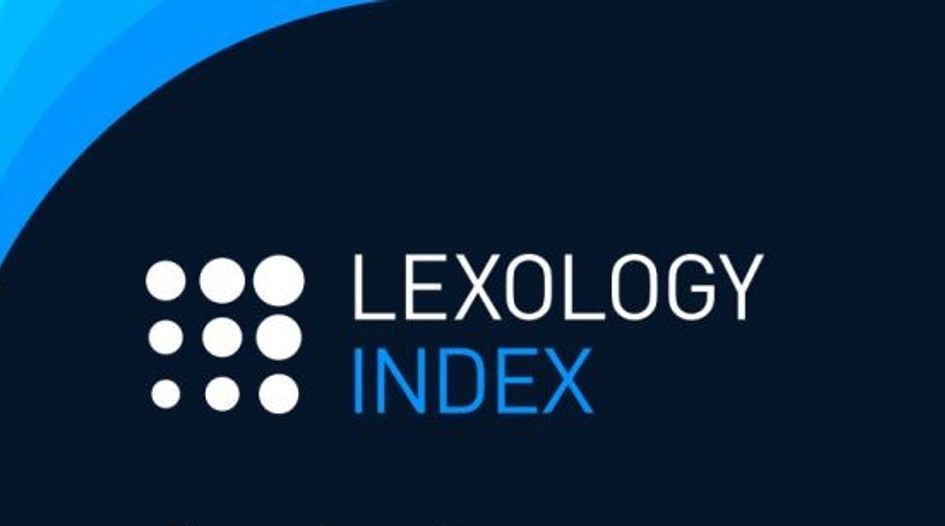More Client Alerts

Volterra Fietta successfully defends Barbados from activists and NGOs at Inter-American Commission on Human Rights hearing on Cybercrime Bill
In 2021, the Government of Barbados recognised that the country required a new cybercrime bill to deal with the onslaught of financial, sexual, hate and other online crimes increasingly targeting Barbadians.
Learn more
Space rocket fragments fall on Kenya
On 1 January 2025, the Kenya Space Agency reported that an anthropogenic object from outer space had crashed near a village located on Kenyan territory. As of 6 January 2025, the Kenya Space Agency had not identified the origin of the object.
Learn more
Volterra Fietta client Barbados appears before the International Court of Justice for the first time in historic public hearing on the climate crisis
On 2 December 2024, representatives and legal counsel of Barbados made oral submissions to the International Court of Justice (the “Court”) in the climate change advisory proceedings (the “Obligations of States in respect of Climate Change Case”).
Learn more
Three Volterra Fietta lawyers ranked in 2025 edition of Lexology Index
The global awards Lexology Index (formerly Who’s Who Legal) recognised three of Volterra Fietta’s lawyers in its 2025 edition for Arbitration.
Learn more